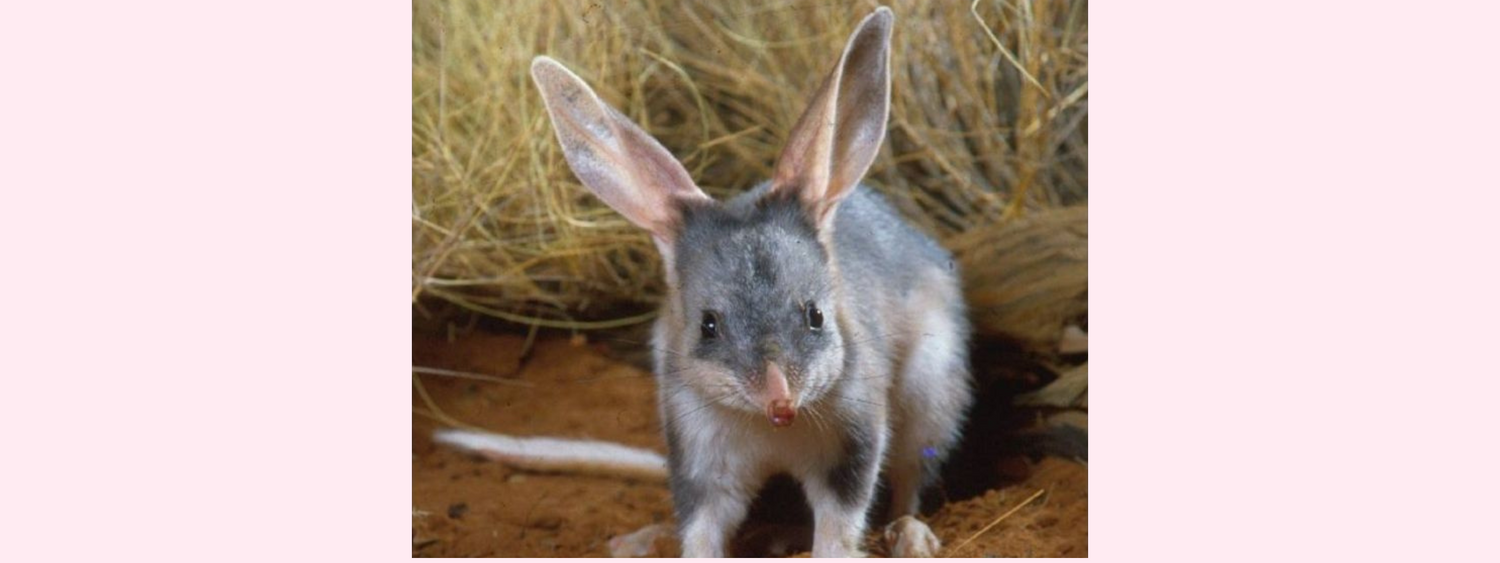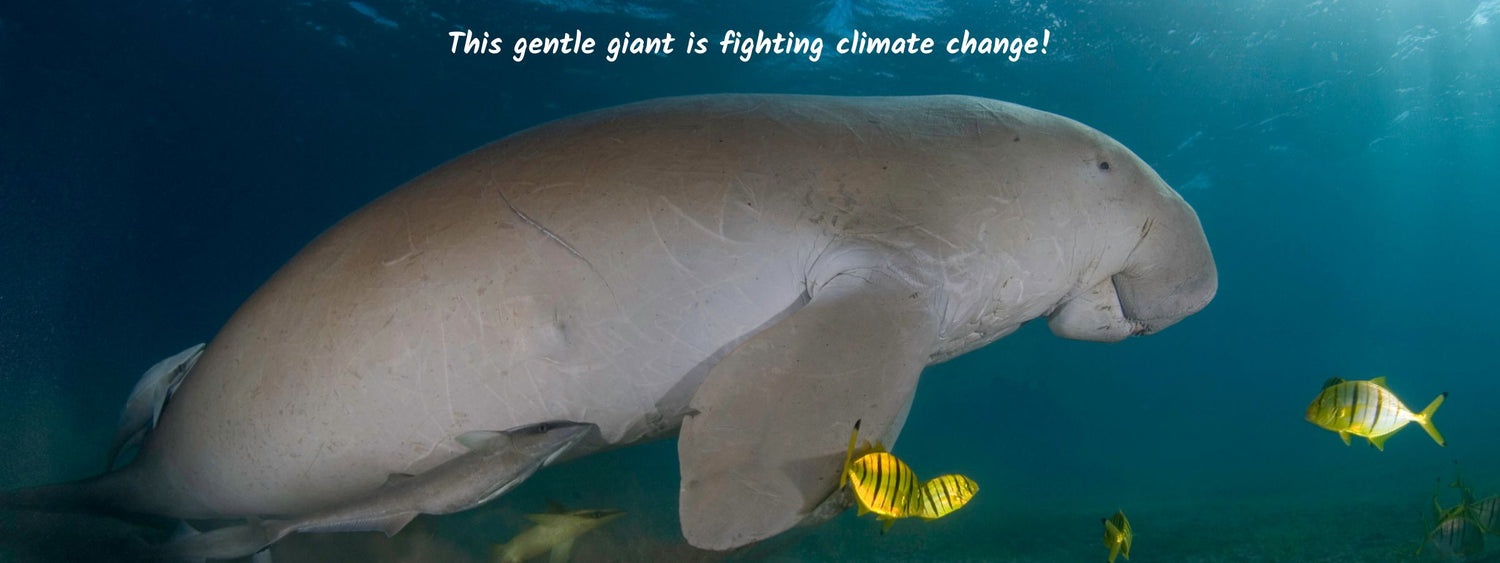MEAL WORMS WITH A PLASTIC EATING SUPER POWER!
Researchers at the University of Queensland have discovered a common Zophobas morio ‘superworm’ (super because at 5cm long it is bigger than other mealworms) – which can eat through polystyrene and some other plastics. 😮

These zophobas morio meal worms are a surprising recycler for polystyrene packaging!
They can ‘digest’ the material due to a bacterial enzyme in their gut that breaks down and processes the polystyrene. Amazing!
Unfortunately, polystyrene products are notoriously difficult to recycle – have you ever bought a new electrical item and then found out you can’t put the white polystyrene packaging in the rubbish or the recycle bin? Frustrating! 😠
So because the lightweight, white polystyrene material currently can’t be recycled, it mostly ends up filling up landfills - or in the world's oceans, where it threatens marine life.
Currently, the superworms can only digest the polystyrene in small amounts – definitely not your average packing around a new fridge or dishwasher!
Maybe one day in the near future, the superworms will be able to help recycle the polystyrene that is in landfill.
Better still, one day these super worms will hopefully have no more plastics to digest - when polystyrene is no longer made in the world!
There are already some wonderful natural alternatives for packing, like starch ‘peanut’ packaging, plant based 'bubble' wrap, and wool fibre packaging. 🐑💚
DID YOU KNOW THAT FUNGI (Mould) IS MUNCHING THROUGH POLYPROPYLENE PLASTIC No. 5?
Now, thanks to the efforts of researchers at the University of Sydney, this challenging polymer may have met its match.

Like a fungus in nature naturally degrades and recycles trees back to the forest floor - the same can be done for plastics recycling.
A fungus (mould) has been found in soil and plants which is able to break down polypropylene. This reduced the plastic by 21 percent over 30 days of incubation, and by 25-27 percent over 90 days.
It's a common plastic that is used for a wide variety of products like yoghurt and margarine packaging, toys, furnishing, fashion, and more.
Fungi are amazingly versatile and have been known to break down a lot of different things. They usually are hard at work in the environment - breaking down dead wood, leaf litter and other natural materials. 🍄
And in our houses, if we allow it, mould may be growing on our carpets, shower curtains, furniture and lots more.
If you live in Queensland, or there’s been a big rain event in your area, you’ll know all about how quickly mould can spread!
Looking ahead, the researchers hope their method could one day cut down the huge amount of polluting plastic going into landfill - and lead us to a greater understanding of how plastic pollution might biodegrade naturally using fungus/moulds under certain conditions.
Some moulds are capable of making us sick, so there’s a great amount of research still being done – to find fungus/moulds that will biodegrade the plastic but not harm humans in the process.
And finally, researchers recently have become aware that the total amount of plastic in the ocean is expected to increase - and end up larger than the amount of fish in the oceans. Eeek!

Are you thinking what I’m thinking? The major change will be to get manufacturers of polypropylene containers to use a home compostable alternative.
Want to make a difference? A good start is to try buying your personal care and cleaning products in more sustainable containers. 🌱
Your purchases matter so look for bulk refill or compostable packaging - and let manufacturers know that we won’t take it anymore!
WAX MOTH WORMS HAVE A VERY INTERESTING DIET!

It all started when…
A researcher, Dr Federica Bertocchini, who works at the Biological Research Centre in Madrid found her beehives were plagued with Wax Moth worms.
She started cleaning the worms out of the hives, putting them in a plastic bag as she cleaned. And after a while, she noticed lots of holes in the bag.
She had a close look at the bags and deduced that the Wax Moth worms were not only chewing the polyethylene (commonly used for plastic shopping bags) but also there appeared to be a chemical breakdown occurring. And that was the beginning of the story…
Wax Moth worms, which infest the honeycomb of beehives, sneakily feed on the precious beeswax - inside the hive.

Wax Moth worms are destructive in bee hives - eating the bee's wax!
Her research has since found that these Wax Moth worms have two enzymes in their saliva that break down the polyethylene plastic! And they do it all at room temperature - within just a few hours.
The big surprise was that these enzymes (proteins that speed chemical reactions) allowed the Wax Moth worms to chemically break down the polyethylene very quickly. (The old mechanical method is slow and complex.)
The Wax Moth worm saliva enzymes were not only able to oxidise plastic - but also without any of the usual pre-treatment with heat or ultra violet light.
And they are able to do this for other polyethylene products too - like cling wrap.
Because polyethylene makes up 30% of all plastic production, it’s important to find an easy and natural solution to recycle it.
But, of course, we don’t want millions of Wax Moth worms escaping from landfill and chomping their way through huge amounts of bees wax in our precious bee hives!
I’m sure you’ll agree that it needs to be researched further and safegards put in place to protect our most important pollinators and honey producers. 🐝
And, of course, the ultimate goal is for production of plastics to stop - so there is no stream of waste to deal with in the future!
I’ve started to do my bit by purchasing a cling wrap made of potato waste - made right here in Australia.
And popping a plate over dishes in the fridge rather than covering them with cling wrap. If you use beeswax covers, that’s fabulous too. 😊
💚 💚 💚
This blog will be here to re-visit, share and (I hope) inspire for the future.
Remember to bookmark it so you can come back to it at any time. 😊 Thanks.
And if you enjoyed this blog, please feel welcome to leave a comment to let others know about our blog.
*** Look for our new Twizzle Designs Recycling made easy Guide - it's free and full of info on how to recycle hard-to-move-on items. Click the link is on the front page of our online store. ***
Twizzle Designs offers truly eco-friendly, Australian made, sustainable gifts for your friends and family.
We also donate to 💚 Planting trees 💚 Supporting conservation of Australian native wildlife, and 💚 Helping to save our planet by donating to environmentally aware charities. Because it's super important to us. 😊





